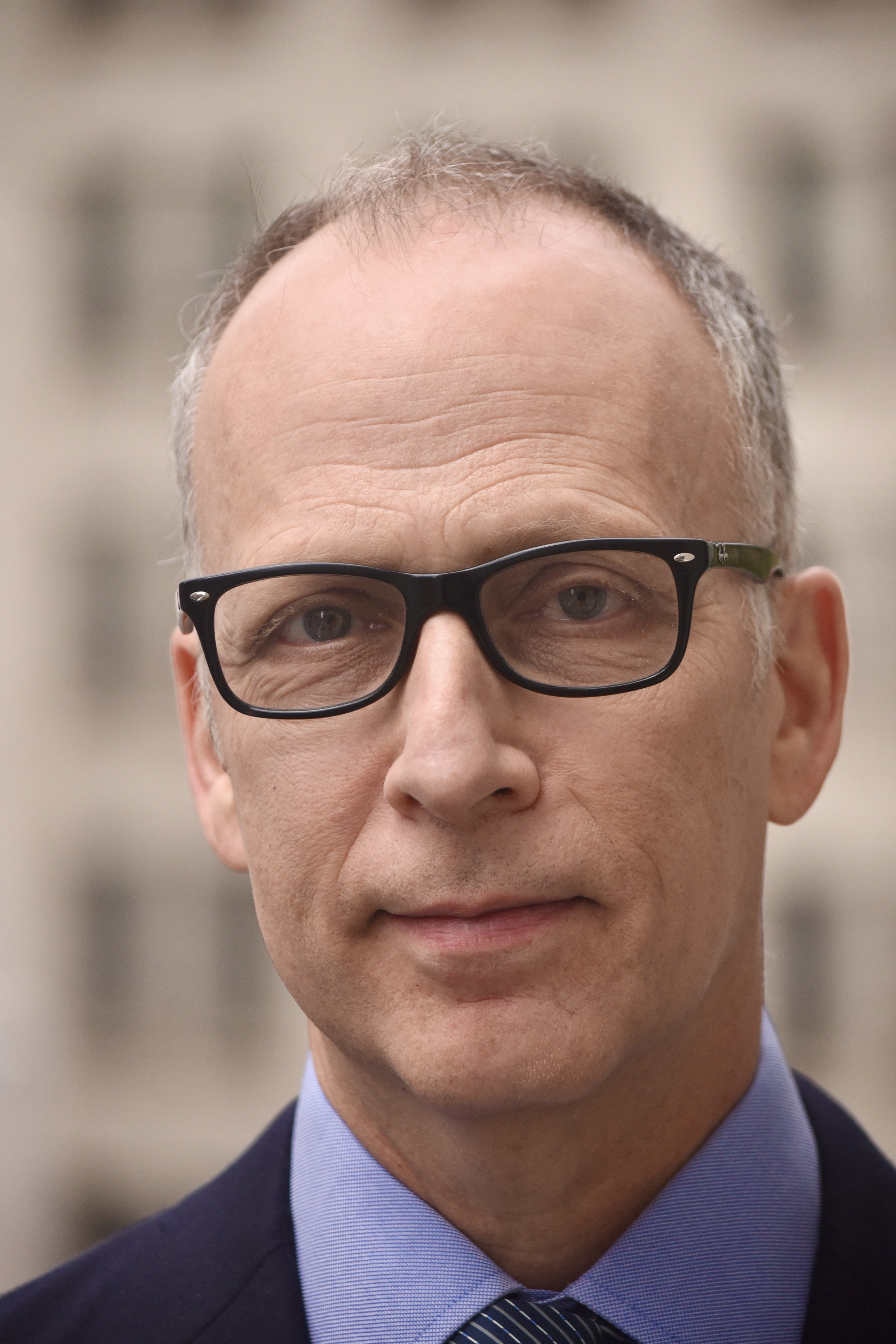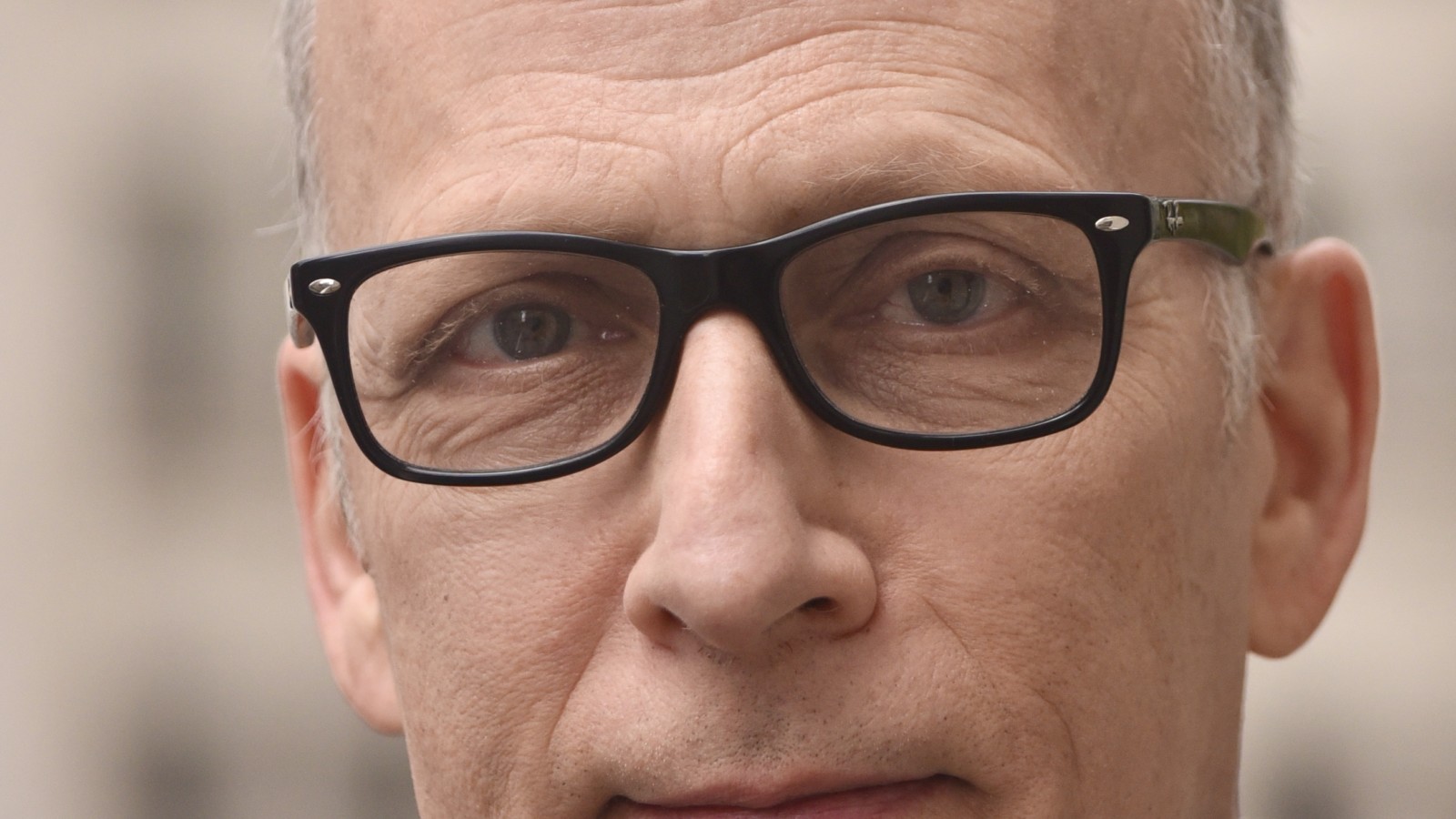People always ask me about my own sleep. I sleep well, in part because I do what I preach, but also because I don’t suffer from any of the multitude of environmental, behavioral, and medical issues that can interfere with good sleep. While it’s impossible to assure a good night’s sleep, there are plenty of steps that can be taken to maximize the likelihood of a good night’s sleep.
Healthy sleep requires a healthy lifestyle, and a healthy lifestyle requires healthy sleep. I’ve been very active all my life, but now more than ever, I prioritize swimming one kilometer every morning, and doing pilates with my wife at home every evening. The morning swim is completely unplugged, and it’s the 30 minutes a day I have all to myself with no interruptions. I highly recommend having at least 30 minutes a day away from phones, chimes, vibrations, calls, shouts, noise, etc. I’ve built these activities into my schedule, and they carry the same importance as a business meeting or my patient consultations. In the evening after pilates, I often cook. I find it relaxing, and it takes my mind off the stressful activities from the day. I don’t look at emails after 8 p.m. in the evening — my staff know to text me if there is an emergency. My wife and I have developed the habit of “washing our brains” of the day’s packed activities with a Netflix episode when we have the time at night.
We also try to keep a steady bedtime schedule, as this is key to a healthy sleep hygiene. My falling asleep strategy is to read a paper book, one that is not too exciting — for example, you may want to start re-reading some of those classics that you didn’t at all understand as a teenager. It’s important to use dim light, so I bounce a small reading light off the bed headboard. Almost infallibly, I am asleep within 10 minutes. If I’ve had dinner too late, then I take one-to-two tablespoons of over the counter mylanta to help prevent nocturnal reflux, which I know will wake me up — and also make me snore. I consider myself fortunate to be able to control my environment both at work and at home, and especially fortunate to enjoy a wonderful relationship with my wife and soulmate, as well as with my children and family at large.
I didn’t always live this way, though. My younger self lived in a time when doctors-in-training worked 36-hour shifts every three days, without any sleep at all. This was extreme sleep deprivation, and with what we have learned about sleep since then, this schedule has become illegal. Sadly, burnout among medical doctors (of all ages) is at its highest ever. We know that good quality sleep can help with mood disorders, but similarly mood disorders can prevent good quality sleep. A 10- to 20-minute nap can help improve health in general — studies have shown that napping can decrease the incidence of heart disease.
Bottom line: Get some good sleep!


